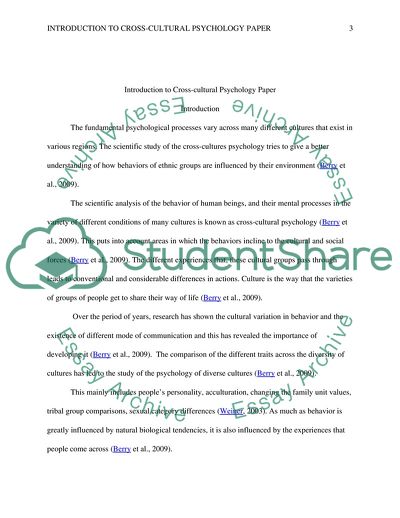Cite this document
(Introduction to Cross-Cultural Psychology Paper Essay, n.d.)
Introduction to Cross-Cultural Psychology Paper Essay. https://studentshare.org/psychology/1791327-introduction-to-cross-cultural-psychology-paper
Introduction to Cross-Cultural Psychology Paper Essay. https://studentshare.org/psychology/1791327-introduction-to-cross-cultural-psychology-paper
(Introduction to Cross-Cultural Psychology Paper Essay)
Introduction to Cross-Cultural Psychology Paper Essay. https://studentshare.org/psychology/1791327-introduction-to-cross-cultural-psychology-paper.
Introduction to Cross-Cultural Psychology Paper Essay. https://studentshare.org/psychology/1791327-introduction-to-cross-cultural-psychology-paper.
“Introduction to Cross-Cultural Psychology Paper Essay”. https://studentshare.org/psychology/1791327-introduction-to-cross-cultural-psychology-paper.


